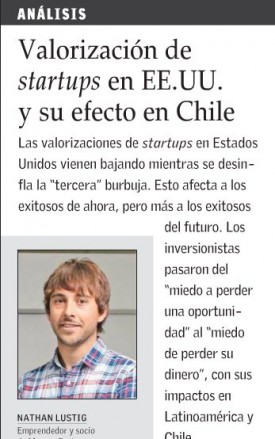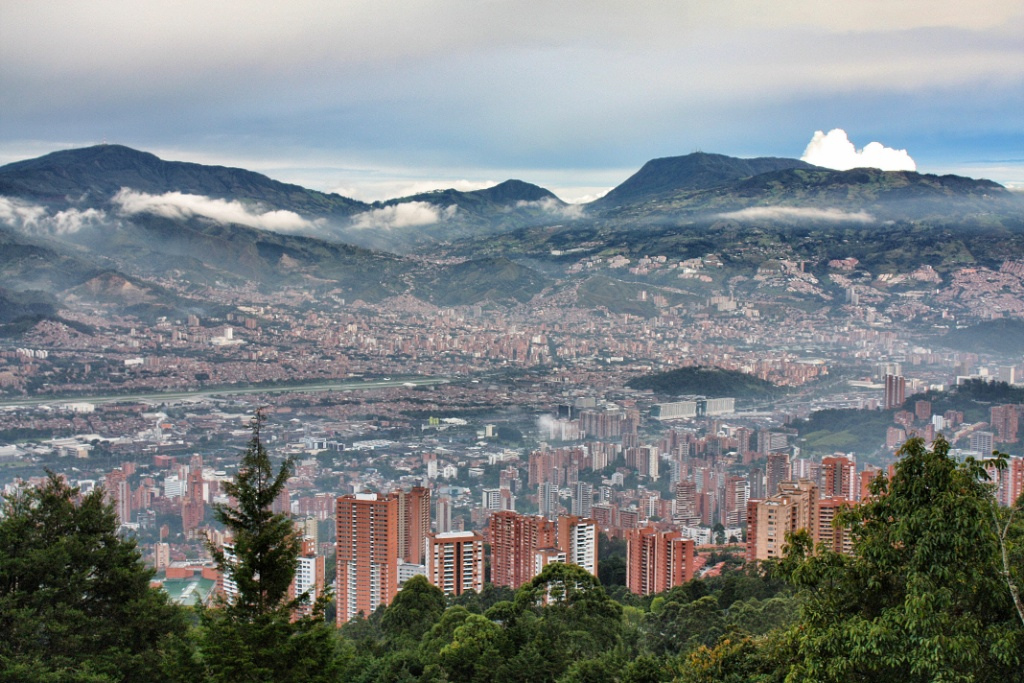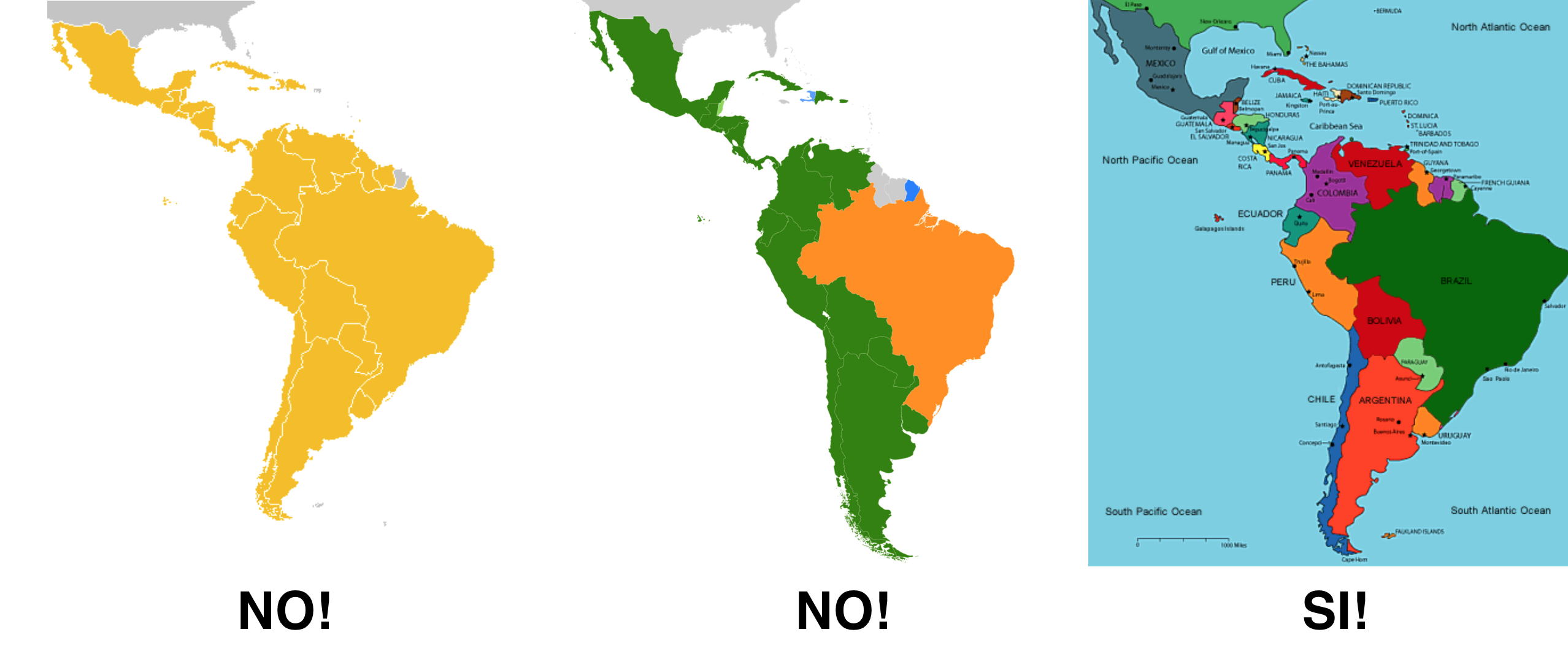A few months back I heard someone explain the merits of teaching something as if it were the last time you could ever teach it ever again. In your entire life. Their logic was threefold.
- If you taught something like it was the last time you could ever do it, you’d do a great job teaching it.
- If you recorded the information in a way such that you could send the lesson to anyone who ever needed it, it would save you time so you could focus on the most important things in your life.
- If the person you taught left your organization, you’d have a quick tutorial ready for the next person to get them started quickly and hopefully seamlessly.



